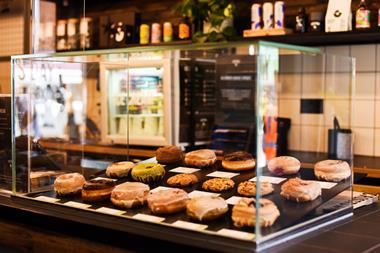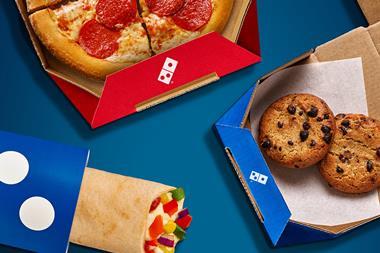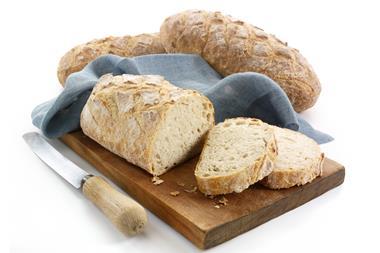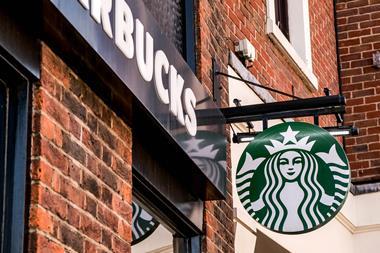According a report published by Kantar Worldpanel, sales of groceries in the UK through e-commerce platforms has increased by 6.9% in the 12 months to June 2016.
The third annual Future of E-commerce in FMCG study shows that e-commerce now accounts for 4.4% of all FMCG sales globally, reaching $48 billion in the period.
Stéphane Roger, global shopper and retail director at Kantar Worldpanel, commented: “FMCG growth is slowing, but our data shows that people are looking for more convenience, which can be met by shopping online. Grocery e-commerce, although currently small, with only one in four people shopping online, is growing fast. We forecast it will grow to 9% of the [global] market and be worth £115bn by 2025. With new entrants such as Amazon expanding rapidly, the industry is facing a shake-up.
“Although online sales have the potential to cannibalise in-store sales, it is vital that retailers act quickly to develop a strong e-commerce presence. The retailer that goes online first in each market can enjoy a far higher market share - this can be a difference of at least 40% in France and up to three times more in the UK. In this report we’ve looked at how retailers and brands are finding ways to work across all channels.”
The report revealed that once shoppers begun shopping online they are more likely to continue doing so. Among this group in the UK, almost a quarter (23.3%) of all spend is through e-commerce, resulting in fewer trips to physical stores.
Comparative research across the UK, France and China has shown that one year after starting to shop online, shoppers in the UK and France spent less overall (-2.4% and -1.4% respectively), this is because there is less impulse shopping.
Shoppers generally spend more per trip online than they do offline. In the UK for example, the average shop online is $59 (£45) compared to $15 (£12) in-store.



































No comments yet